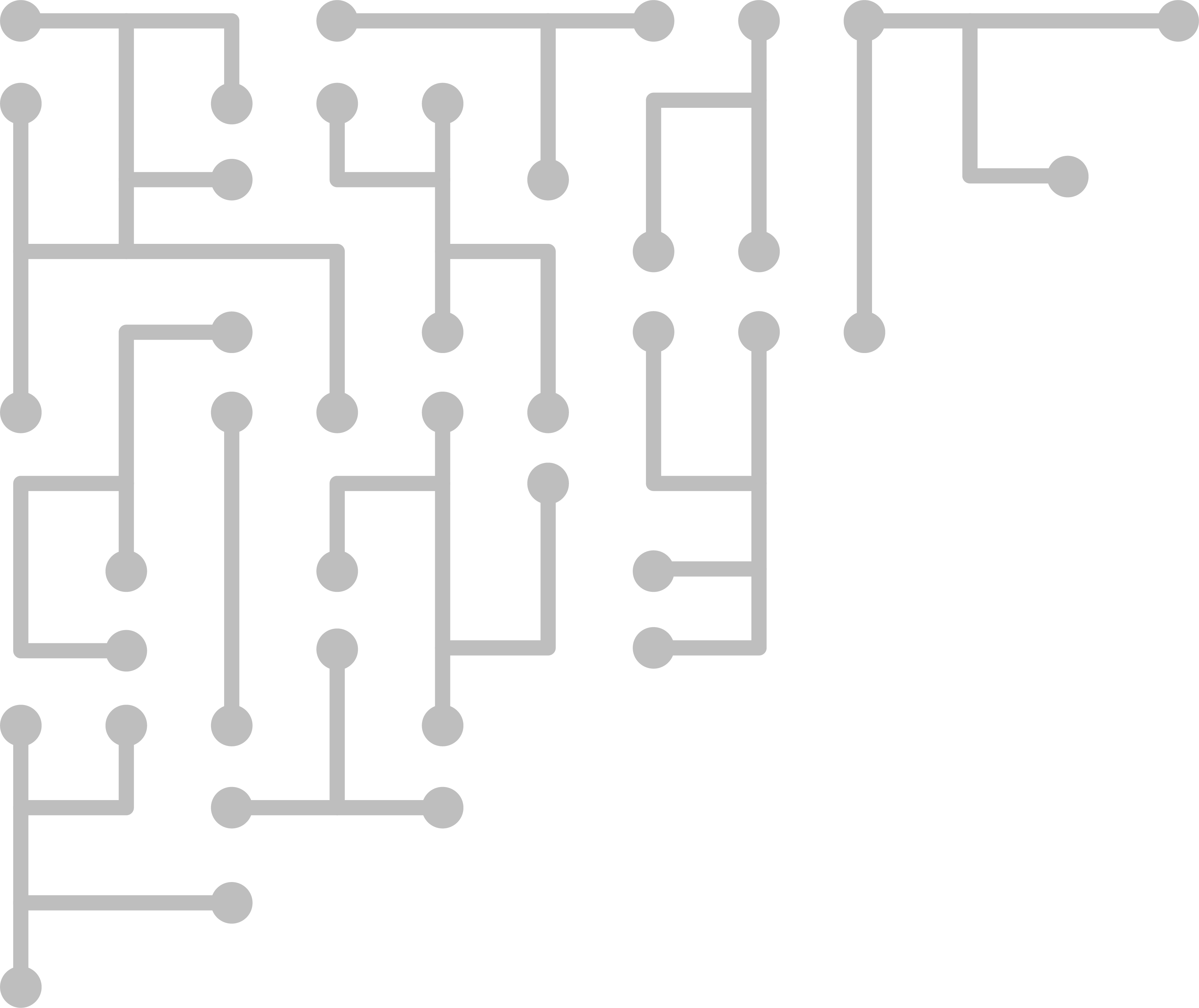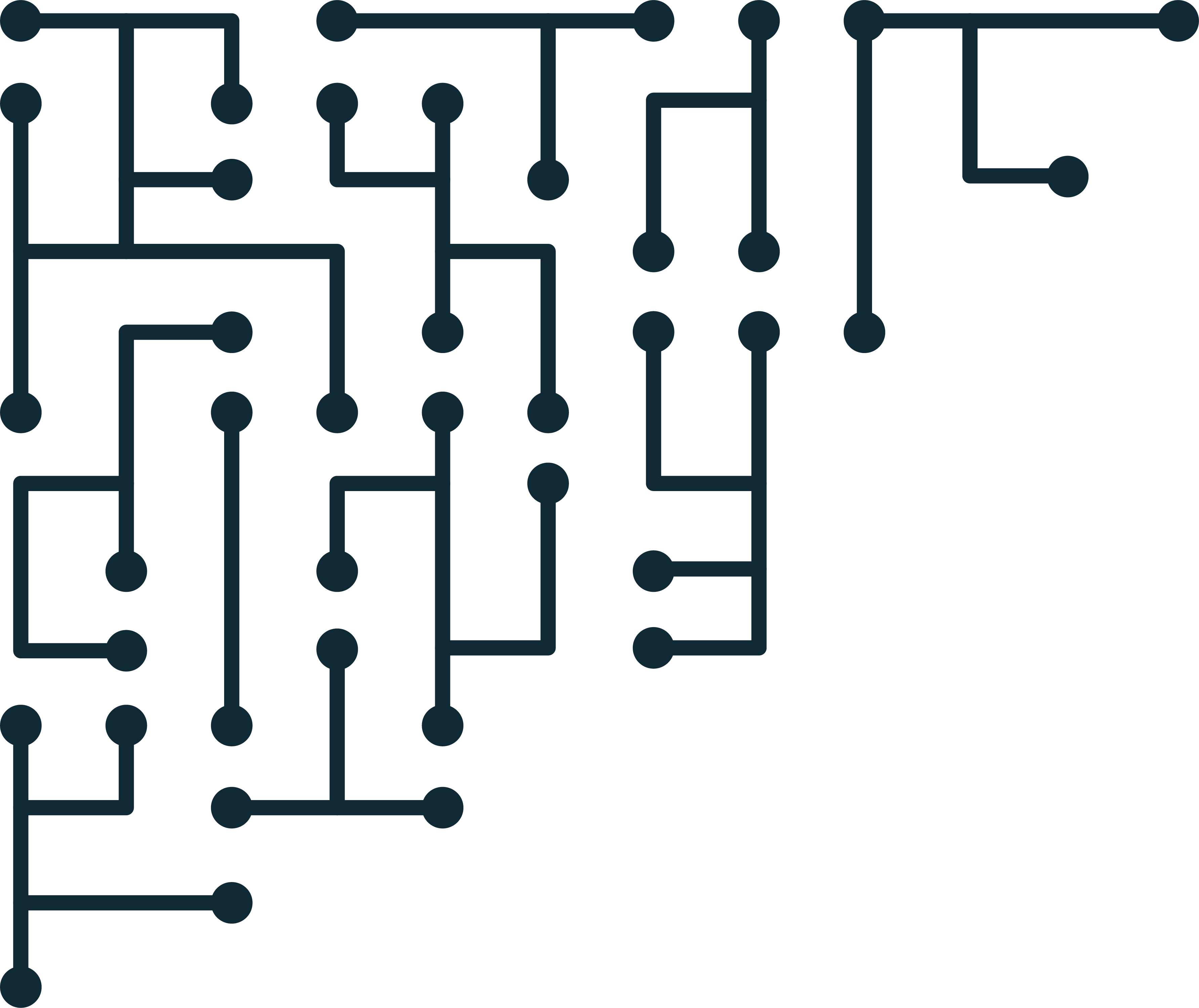Call for Papers
--------------------
Fourth International IEEE EAI Conference on e-Infrastructure and e-Services for Developing Countries - Africomm 2012
12-14 November 2012
Yaounde', Cameroon
--------------------
[Important dates]
Submission: 15th August 2012
Notification of Acceptance: 15th September 2012
Camera Ready: 29th September 2012
Posters/Demos: 29th September 2012
Conference Date: 12th-14th November 2012
[Scope]
Information and Communication Technologies (ICTs) have proven to offer immense potential to development. However, designing, developing, and deploying infrastructures and solutions that are affordable and efficient when only limited resources are available is a very challenging task. This presents a setback for developing countries against reaping the benefits that ICTs offers. AFRICOMM 2012 aims to bring together researchers, practitioners, and policy makers in ICT to discuss issues and trends, recent research, innovation advances and on-the-field experiences related to e-Infrastructure, e-Governance, e-Business, and enabling policy and regulations with a deep focus on developing countries.
AFRICOMM invites submission of unpublished and quality research papers with novel contributions. All submitted contributions will undergo a double-blind peer review. Accepted papers will be presented at the conference and published by Springer's LNICST series.
AFRICOMM 2012, the fourth conference of the series, includes workshops, tutorials, demos and a student track. Research papers may have conceptual as well as practical focus. In particular real-world experience reports are strongly encouraged.
[Topics]
Proposals to contribute are very welcomed and should focus on some of the following aspects:
Communication Infrastructures in Developing Countries
-Design and analysis of protocols and architectures for developing countries
-Existing and emerging wireless broadband access technologies, such as WiMAX, LTE, etc.
-Innovations in femtocells, picocells and relay network technologies
-Cognitive radio and advanced spectrum management methods
-Self-managed deployment, operation, and maintenance of IT infrastructures
-Machine-to-machine (M2M) communications in developing country environments
-Exploitation of delay-tolerant networking
-Cooperative communications and networking
-Energy-aware ICT infrastructure, e.g., energy aware systems and networking
-ICT infrastructures based on alternative energies
-Network and IT security issues in developing countries
-Overlay networks (such as p2p, bitTorrent, etc) in developing countries
-ICT infrastructures for critical environmental conditions
-Testbeds and reference implementation for validating infrastructure requirements and usage
-Critical information infrastructure protection (CIIP)
-Geographic Information systems and applications
-ICT policy and regulations
Electronic Service for Developing Countries
Experiences and applications in areas such as:
-e-health, e-learning, e-agriculture, e-business, e-government, and e-participation
-Mobile health information systems, including voice-based interfaces
-ICT for development
-Mobile-based services and applications
-Mobile computing for next generation phones
-Cloud services (or specifically, mobile cloud services)
-Service creation environments, service delivery platforms
-Telco 2.0 vs over-the-top (OTT) services
-Emergency and disaster management
-Open source and open source models for e-services
-Participatory design and living labs
-E-services for environmental sustainability
ICT Policy and Regulatory Issues for Developing Countries
[Paper submission]
The page limit for research papers is ten pages, demo descriptions and singleers are limited to two-pages. All contributions should be formatted according to the LNICST Conference Publishing Services formatting instructions, including figures and references. All submissions must be in English.
Please visit the conference website for detailed submission instructions: http://www.africommconference.org. One author of each accepted contribution will be required to register and present the work at the conference.


